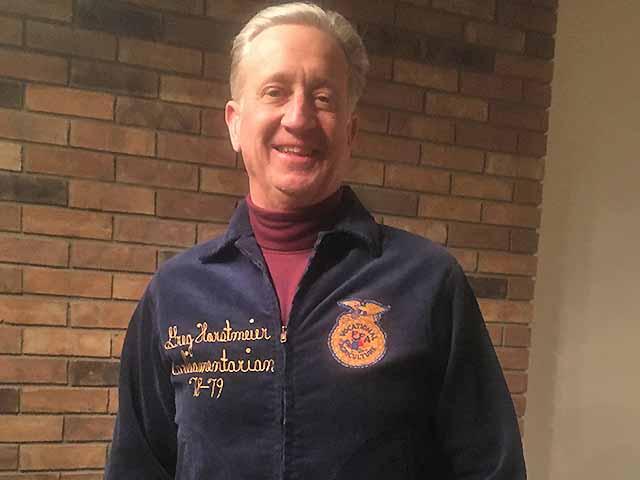Work Continues to Rescue 41 Indian Workers
NEW DELHI (AP) -- Authorities in India said on Monday they were set to begin manual digging of what they hoped was the final phase of rescuing the 41 construction workers trapped in a collapsed mountain tunnel in the country's north for over two weeks.
Rescuers have started to drill vertically -- an alternate plan to digging horizontally from the front -- with a newly replaced drilling machine excavating about 32 meters (105 feet), according to officials.
Devendra Patwal, a disaster management official at the site, said they were prepared for all kinds of challenges, but hoped they wouldn't face stiff resistance from the mountain.
"We don't know what the drilling machine will have to cut through. It could be loose soil or rocks. But we are prepared," he said.
P[L1] D[0x0] M[300x250] OOP[F] ADUNIT[] T[]
So far, rescuers have excavated and inserted pipes -- after digging horizontally -- up to 46 meters (150 feet), welded together to serve as a passageway from where the men would be pulled out on wheeled stretchers.
The drilling machine broke down repeatedly because of the mountainous terrain of the area and was damaged irreparably on Friday and had to be replaced.
Rescuers worked overnight to pull out parts of the drilling machine stuck inside the pipes so manual digging could start, said Patwal.
The workers have been trapped since Nov. 12 when a landslide in Uttarakhand state caused a portion of the 4.5-kilometer (2.8-mile) tunnel they were building to collapse about 200 meters (650 feet) from the entrance.
The vertical digging, which started Sunday, required the rescuers to excavate about 106 meters (347 feet). The length is nearly double the approximately 60 meters (196 feet) they need to dig through horizontally from the front.
They could also face similar risks or problems they encountered earlier that damaged the first drilling machine attempting to cut through rocks. The high-intensity vibrations from drilling could also cause more debris to fall.
As the rescue operation entered its 16th day, uncertainty over its fate has been growing. Some locals offered Hindu prayers near the tunnel.
What began as a rescue mission expected to take a few days has turned into weeks, and officials have been hesitant to give a timeline.
Some officials were hopeful that the rescue mission would be completed last week. Arnold Dix, an international expert assisting the rescue team, however, told reporters he was confident the workers would be back with their families by Christmas, suggesting they were prepared for a longer operation.
Most of the trapped workers are migrant laborers from across the country. Many of their families have traveled to the location, where they have camped out for days to get updates on the rescue effort and in hopes of seeing their relatives soon.
Authorities have supplied the trapped workers with hot meals through a 6-inch (15-centimeter) pipe after days of surviving only on dry food sent through a narrower pipe. Oxygen is also being supplied through a separate pipe, and more than a dozen doctors, including psychiatrists, have been at the site monitoring their health.
The tunnel the workers were building was designed as part of the Chardham all-weather road, which will connect various Hindu pilgrimage sites. Some experts say the project, a flagship initiative of the federal government, will exacerbate fragile conditions in the upper Himalayas, where several towns are built atop landslide debris.
Large numbers of pilgrims and tourists visit Uttarakhand's many Hindu temples, with the number increasing over the years because of the continued construction of buildings and roadways.



